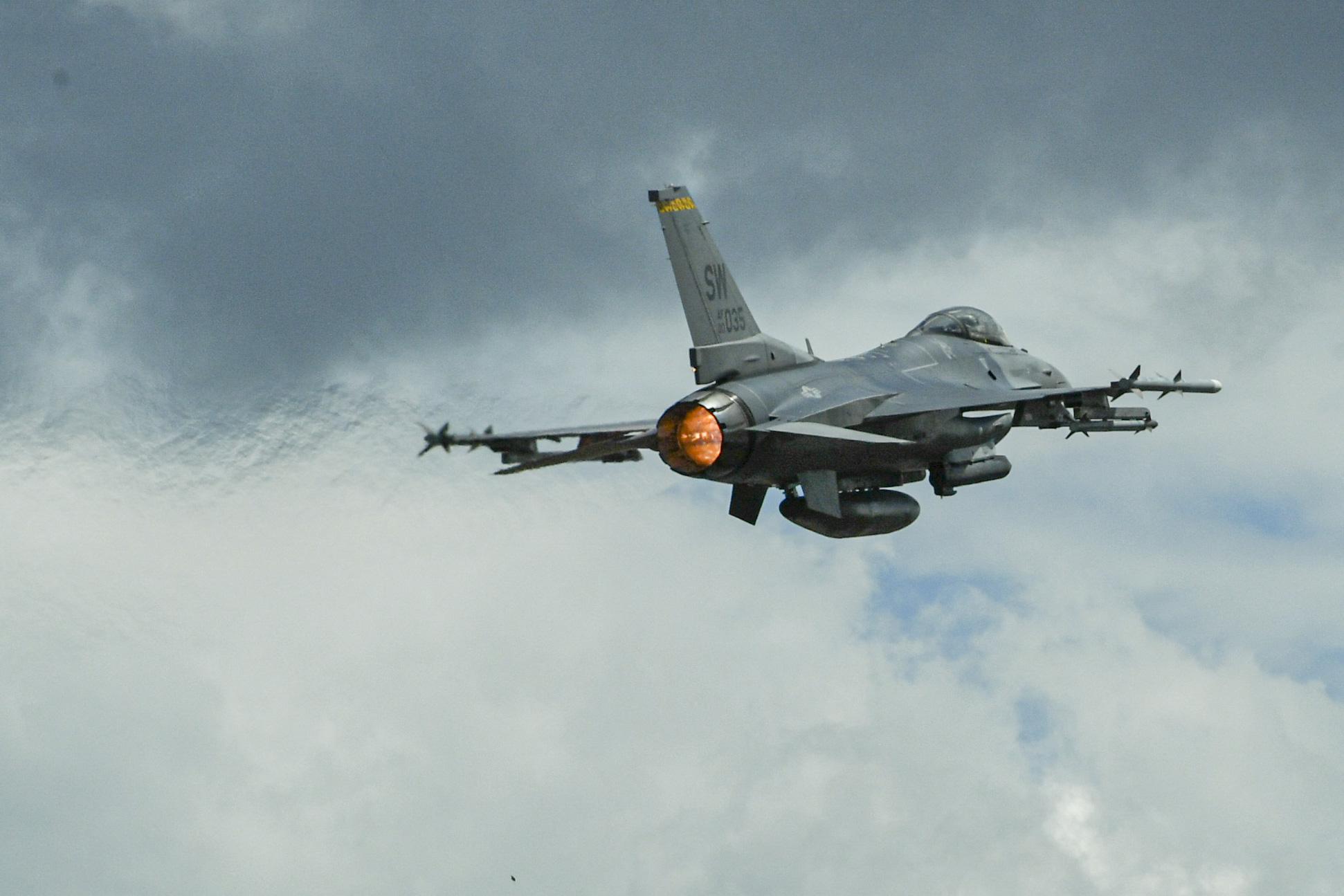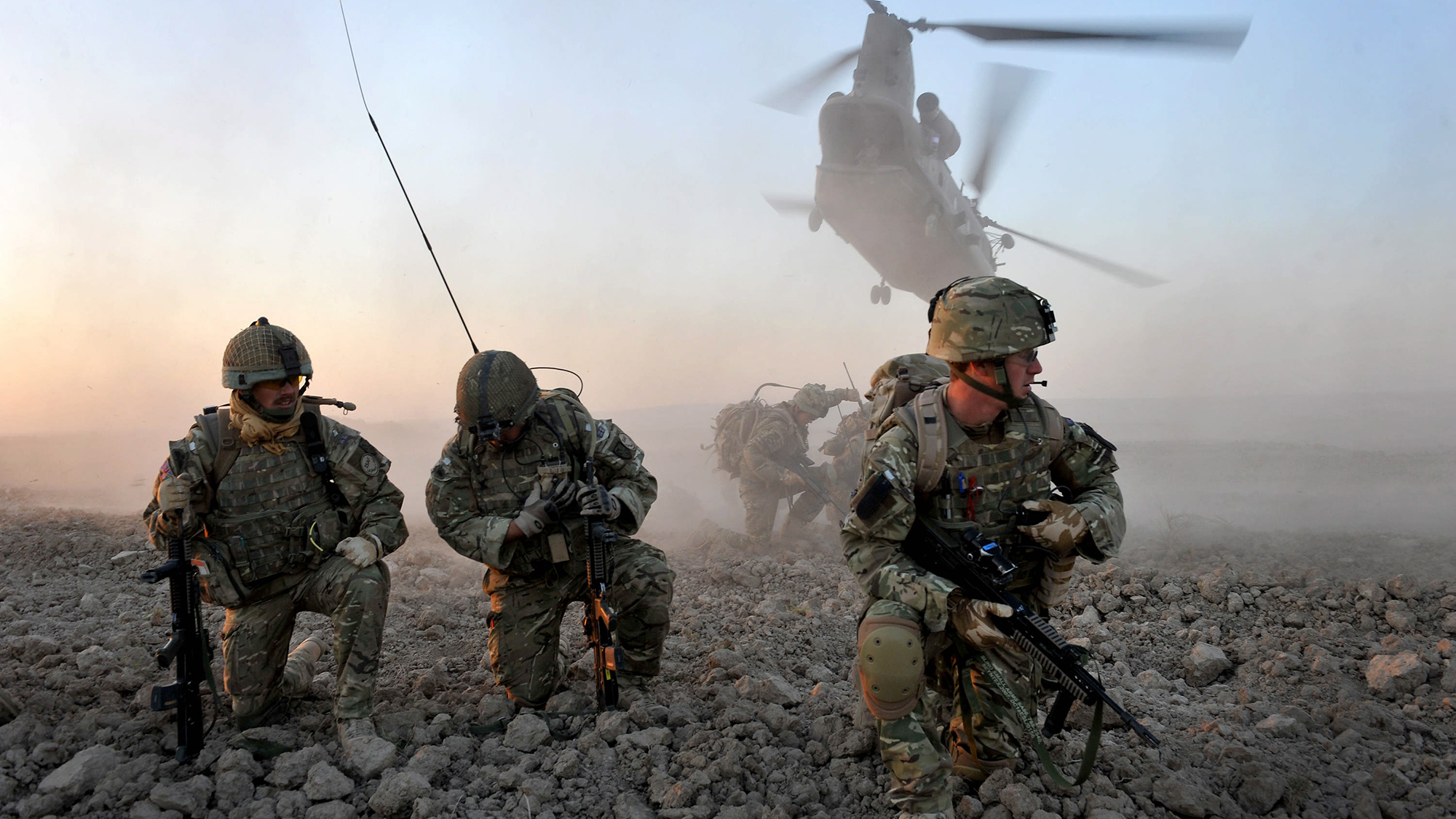U.S. Spent $5.6 Trillion on Wars Since 9/11, More Than Three Times What Pentagon Estimates

A report based at Brown University’s Watson Institute for International and Public Affairs finds that an average American taxpayer has spent $23,386 on post-9/11 wars. By the end of the fiscal year 2018, the overall U.S. spending on wars in Iraq, Syria and Afghanistan could reach $5.6 trillion.
The report comes from the “Costs of War” project, whose international team of 35 scholars, human rights activists, physicians and legal experts research and facilitate debate about the ongoing expense of war.
Neta Crawford, Costs of War co-director, and a professor of political science at Boston University, laid out how they arrived at the overall expenditure figures:
“The U.S. wars in Iraq, Syria, Afghanistan and Pakistan, and the increased spending on homeland security and the departments of defense, state and veterans affairs since the 9/11 attacks have cost more than $4.3 trillion in current dollars through fiscal year 2017,” explained Crawford. “Adding likely costs for fiscal year 2018 and estimated future obligations for veterans’ care, the costs of war total more than $5.6 trillion.”
Besides the spending by various government departments, the report also accounts for the cost of interest that the U.S. has paid so far on the money it borrowed to pay for the wars. These kind of figures are not counted in Pentagon’s reports on war costs, say the researchers.
For instance, the report ““Estimated Cost to Each Taxpayer for the Wars in Afghanistan, Iraq and Syria” calculated the U.S. costs in those wars to be only $1.52 trillion, saying each taxpayer’s burden amounted to $7,740 as it only included spending by the Department of Defense.
Catherine Lutz, project’s co-director and a professor of international studies and anthropology at Brown University, remarked that it’s important for Americans to know the real amounts their country spends on wars, especially as they are likely to keep getting larger and larger.
“The American public should know what the true costs of these choices are and what lost opportunities they represent,” said Lutz. “Given that the current administration has announced more years of war in Afghanistan and elsewhere, this total will only grow.”
Lutz also pointed out that “optimistic assumptions” and a “tendency to underestimate and undercount” the genuine spending on such wars are characteristic of estimates of the budgetary costs.
The reason interest was included in the report is because the wars have largely been paid by borrowing rather than new taxation or making cuts. Even if the U.S. stopped spending on the wars now, the cumulative interest costs could add more than $7.9 trillion to the national debt in the next several decades, said Crawford.
“Thus, even if military spending plateaus, interest costs will far surpass total war costs unless Congress devises another plan to pay for the wars, for instance by selling war bonds or increasing taxes,” she added.
While the Costs of War report does take into account expenditures like health care and disability payments to veterans, there are still billions in unaccounted-for costs from a variety of sources like money spent by state and local governments to the donations of excess military equipment the U.S makes to countries in war zones.
The report also doesn’t include money the U.S. spends on counter-terrorism activities in dozens of countries, its operations in the Horn of Africa, Uganda, Trans-Sahara, the Caribbean and Central America or the Department of Defense’s European Reassurance Initiative which is aimed at deterring Russia.
You can read the full report here.





